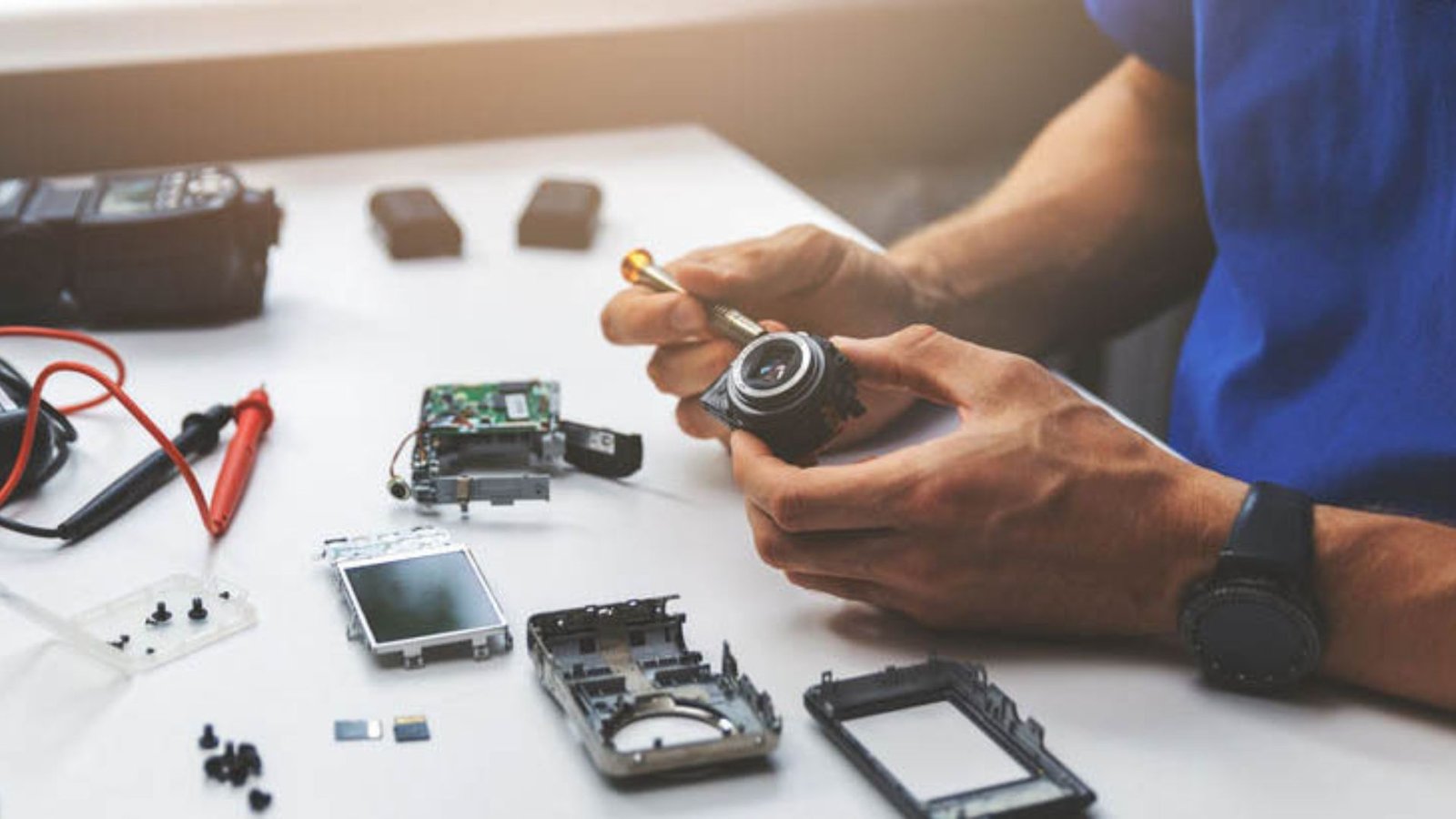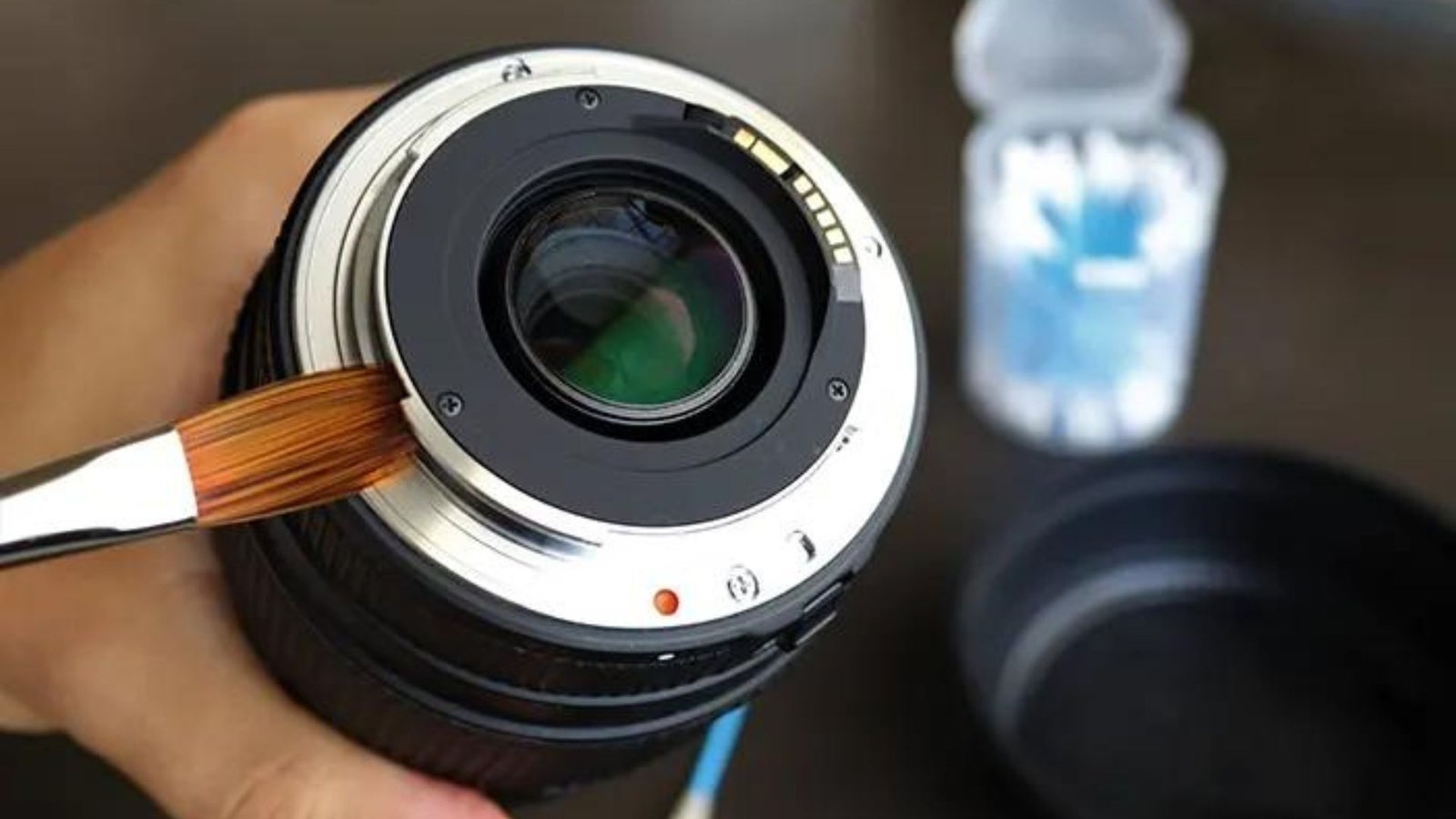Maintaining your digital camera properly ensures it remains in top condition and continues to perform well over time. Regular care and attention can prevent issues, extend the lifespan of your camera, and ensure that you capture the best possible images. Here’s a comprehensive guide on how to maintain digital cameras effectively.

Regular Cleaning
Sensor Cleaning
Firstly, keeping your camera’s sensor clean is crucial for maintaining image quality. Dust or smudges on the sensor can lead to spots or marks in your photos. Use a dedicated sensor cleaning kit and follow the manufacturer’s instructions for safe cleaning. Alternatively, consider professional cleaning services if you’re unsure about doing it yourself.
Lens Cleaning
In addition, clean your camera lens regularly to prevent dust and smudges from affecting your photos. Use a lens brush or air blower to remove loose dust particles. For more stubborn spots, use a lens cleaning solution and a microfiber cloth. Avoid using paper towels or tissues, as they can scratch the lens.
Camera Body
Similarly, clean the camera body to remove dirt and fingerprints. Use a soft, dry microfiber cloth to wipe down the exterior. For stubborn dirt, lightly dampen the cloth with water or a mild cleaning solution. Ensure that no moisture gets into the camera’s internal components.
Proper Storage
Use a Protective Case
When not in use, store your camera in a protective case to shield it from dust, moisture, and physical damage. A well-padded case provides added protection during travel or storage. Ensure that the case fits your camera snugly and allows for easy access when needed.
Avoid Extreme Conditions
Moreover, avoid exposing your camera to extreme temperatures or humidity. High humidity can cause condensation inside the camera, leading to potential damage. Store your camera in a dry, cool place, and avoid leaving it in hot or cold environments for extended periods.
Battery Care
Charge Properly
Battery maintenance is essential for ensuring reliable camera performance. Charge your battery according to the manufacturer’s recommendations and avoid overcharging. If you’re storing a battery for a long time, make sure it’s only partially charged (about 50%) to maintain its health.
Remove Batteries When Not in Use
Additionally, remove the battery from the camera if you’re not using it for an extended period. This prevents battery leakage and corrosion, which can damage the camera. Store the battery separately in a cool, dry place.
Firmware Updates
Check for Updates
Keeping your camera’s firmware updated is important for ensuring optimal performance and compatibility. Check the manufacturer’s website regularly for firmware updates and follow their instructions to install any new versions. Firmware updates can provide bug fixes, new features, and performance improvements.
Regular Use and Exercise
Use Your Camera Regularly
Using your camera regularly helps keep it in good working condition. Regular use prevents issues like stuck buttons or sensors from disuse. Even if you’re not actively shooting, periodically turning on the camera and checking its functions can help maintain its performance.
Perform Basic Tests
Occasionally, perform basic tests to ensure all camera functions are working correctly. Check autofocus, image stabilization, and various shooting modes. This helps identify any potential issues early and ensures your camera remains in top shape.
Professional Servicing
Seek Professional Help
For complex issues or if your camera requires internal cleaning or repairs, seek professional servicing. Authorized repair centers or camera specialists have the expertise and tools to handle intricate repairs safely. Regular professional check-ups can help address problems that might not be visible during routine maintenance.
Conclusion
To sum up, maintaining your digital camera involves regular cleaning, proper storage, battery care, firmware updates, and occasional professional servicing. By following these essential tips, you can ensure your camera stays in excellent condition, continues to perform at its best, and lasts for years to come. Regular maintenance not only enhances your photography experience but also protects your investment in high-quality gear.










